Does intelligence imply contradiction?
Patrizio Frosini
Received 19 June 2002; reveiced in revised form 30 July 2007
Introduction
Idea
Is contradiction accidental, or is it the necessary companion of intelligence?
Thesis: Contradiction can be seen as a tool to increase intelligence in biological
systems.
Why is this relevant?
A mathematically sound answer to this question could give new perspectives on artificial intelligence. Think for instance about modern loss functions as
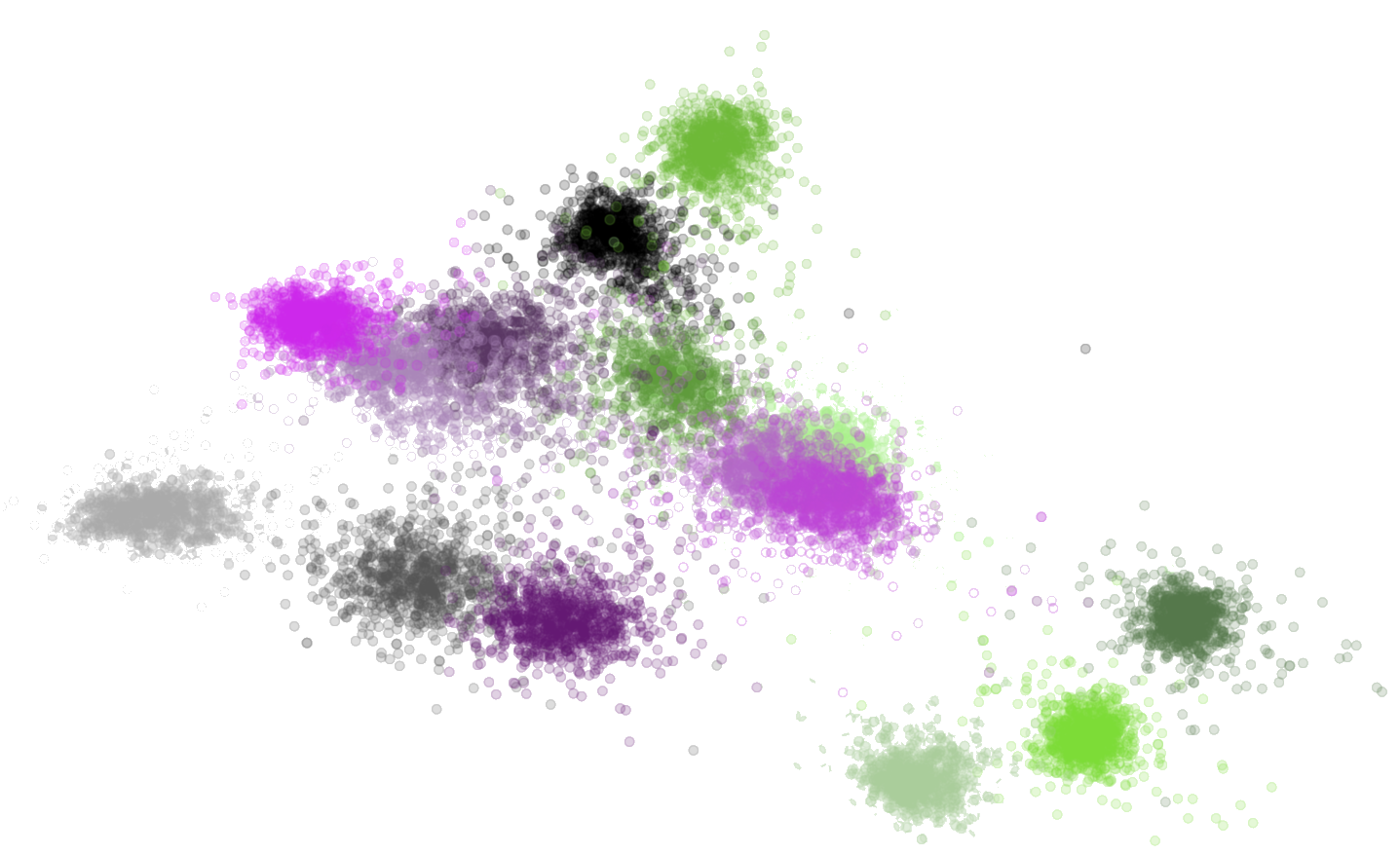
- Contrastive
- Triplet
- Adversarial
- Capsules
A brief history of contradiction
Philosophy
Wittgenstein; Heidegger
Mathematics and computer science
- Second theorem
- Many-valued systems
Gödel (1930); Dunn, J. M. (1976).
Psychology
- Cognitive dissonance
- Time-inconsistent agent
Festinger, L. (1957).
Intuition
A contradiction is an observed phenomenon in which the same
entity evolves in two different ways (in different times) from the
same initial state.

Framework
What shall be defined
A contradiction is an observed phenomenon in which the same entity evolves in two different ways (in different times) from the same initial state.
Counter-argument
- Different answers are caused by different mind states?
- The question is posed or perceived in a different way?
Formalism
$\left(\mbox{Observer}, \mbox{Event}\right)$
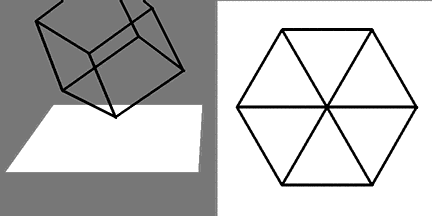
Main theorem
Any sufficiently intelligent entity must be contradictory


Observation: intelligence needs a context, and an observer in order to be studied.
Thus, a quantum-mechanic flavoured replacement has to be put in place:
$$\mbox{particle}\mapsto\mbox{observed particle}$$
Framework for testing
Entity, environment, intelligence, contradiction can be defined in the fairly general contex of cellular automata Furthermore, cellular automata have the property of universal computation.
Wolfram (1994)
Video realised by courtesy of Iratxe Ansa and Igor Bacovich, and the dancers of the wonderful Metamorphosis project Code available here
Framework and epistemology
Def [Existence]: The existence of an entity depends exclusively on the observer.
Caveat: Here the subjectivity of existence is not to be discussed. We should rather
decide to take it into account or not.
Mc Ginn (1983). The subjective view
Def [Observer]: Let $\mathcal{P}_{ent}$ and $\mathcal{P}_{ENV}$ be non-empty, finite sets
of perceptible states for an entity and an environment, respectively. Assume that it exists a
privileged element $0\in\mathcal{P}_{ent}$. An observer is any function
$$\square = \left(ps_{ent}, ps_{ENV}\right):\Sigma\rightarrow \mathcal{P}_{ent}\times\mathcal{P}_{ENV}$$
Observations
- The observer acts as an encoder
- $0\in\mathcal{P}_{ent}$ to encode absence
- The two sets need to be finite, because observer are not allowed infinite memory, nor computational capability.
Framework and epistemology
Def [Existence]: The existence of an entity depends exclusively on the observer.
Caveat: Here the subjectivity of existence is not to be discussed. We should rather
decide to take it into account or not.
Mc Ginn (1983). The subjective view
Def [Observer]: Let $\mathcal{P}_{ent}$ and $\mathcal{P}_{ENV}$ be non-empty, finite sets
of perceptible states for an entity and an environment, respectively. Assume that it exists a
privileged element $0\in\mathcal{P}_{ent}$. An observer is any function
$$\square = \left(ps_{ent}, ps_{ENV}\right):\Sigma\rightarrow \mathcal{P}_{ent}\times\mathcal{P}_{ENV}$$
Def [Entity & lifetime]: Each maximal sequence of consecutive perceived states in
$\mathcal{P}_{ent}\setminus\left\{0\right\}$, say $\left\{ ps_{ent}\left(s_{t+i}\right) \right\}_{i=0}^q$ is
an entity. The set $\left\{t, \dots, t+q\right\}$ is the lifetime of the entity.
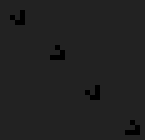
Framework and epistemology
Def [Environment]: Let $\varepsilon = \left(ps_{ent}\left(s_{t} \right), \dots, ps_{ent}\left(s_{t+q} \right)\right)$ be an entity. We call environment $\left(ps_{ENV}\left(s_{t} \right), \dots, ps_{ENV}\left(s_{t+q} \right)\right)$
Def [Intelligence]: Given an entity $\varepsilon = \left(ps_{ent}\left(s_{t} \right), \dots, ps_{ent}\left(s_{t+q} \right)\right)$ with respect to the observer $\square$, we define the intelligence $L\left(\varepsilon, \square\right)$ as the entity's lifetime $q$.
Minsky (1986); Turing (1950); Stenberg (1990).
Reminder: An entity is contradictory if faced with the same circumstances
(as perceived by the observer) in two occasions in time, it exhibits different behaviours.
Def [Contradictory entity]: Let $\varepsilon = \left(ps_{ent}\left(s_{t} \right), \dots, ps_{ent}\left(s_{t+q} \right)\right)$
be an entity for $\square$. If there exists $a,b\in\mathbb{N}$, $a, b\leq q$, such that
$$
ps_{ENV}\left(s_{t+a} \right) = ps_{ENV}\left(s_{t+b} \right) \mbox{ and } ps_{ent}\left(s_{t+a} \right) \neq ps_{ent}\left(s_{t+b} \right)
$$
then $\varepsilon$ is contradictory.
Framework and epistemology
Def [Environment]: Let $\varepsilon = \left(ps_{ent}\left(s_{t} \right), \dots, ps_{ent}\left(s_{t+q} \right)\right)$ be an entity. We call environment $\left(ps_{ENV}\left(s_{t} \right), \dots, ps_{ENV}\left(s_{t+q} \right)\right)$
Def [Intelligence]: Given an entity $\varepsilon = \left(ps_{ent}\left(s_{t} \right), \dots, ps_{ent}\left(s_{t+q} \right)\right)$ with respect to the observer $\square$, we define the intelligence $L\left(\varepsilon, \square\right)$ as the entity's lifetime $q$.
Def [Contradictory entity]: Let $\varepsilon = \left(ps_{ent}\left(s_{t} \right), \dots, ps_{ent}\left(s_{t+q} \right)\right)$ be an entity for $\square$. If there exists $a,b\in\mathbb{N}$, $a, b\leq q$, such that $$ ps_{ENV}\left(s_{t+a} \right) = ps_{ENV}\left(s_{t+b} \right) \mbox{ and } ps_{ent}\left(s_{t+a} \right) \neq ps_{ent}\left(s_{t+b} \right) $$ then $\varepsilon$ is contradictory.
Counter-arguments
How does this fit in the classical formulation of contradictory theory?
Framework and epistemology
Def [Environment]: Let $\varepsilon = \left(ps_{ent}\left(s_{t} \right), \dots, ps_{ent}\left(s_{t+q} \right)\right)$ be an entity. We call environment $\left(ps_{ENV}\left(s_{t} \right), \dots, ps_{ENV}\left(s_{t+q} \right)\right)$
Def [Intelligence]: Given an entity $\varepsilon = \left(ps_{ent}\left(s_{t} \right), \dots, ps_{ent}\left(s_{t+q} \right)\right)$ with respect to the observer $\square$, we define the intelligence $L\left(\varepsilon, \square\right)$ as the entity's lifetime $q$.
Def [Contradictory entity]: Let $\varepsilon = \left(ps_{ent}\left(s_{t} \right), \dots, ps_{ent}\left(s_{t+q} \right)\right)$
be an entity for $\square$. If there exists $a,b\in\mathbb{N}$, $a, b\leq q$, such that
$$
ps_{ENV}\left(s_{t+a} \right) = ps_{ENV}\left(s_{t+b} \right) \mbox{ and } ps_{ent}\left(s_{t+a} \right) \neq ps_{ent}\left(s_{t+b} \right)
$$
then $\varepsilon$ is contradictory.
Def [Deterministic environment]: An environment $\left(ps_{ENV}\left(s_{t} \right), \dots, ps_{ENV}\left(s_{t+q} \right)\right)$ is
deterministic if for every $a,b\leq q$ such that
$$
ps_{ENV}\left(s_{t+a} \right) = ps_{ENV}\left(s_{t+b} \right) \mbox{ and } ps_{ent}\left(s_{t+a} \right) = ps_{ent}\left(s_{t+b} \right),
$$
we have $ps_{ENV}\left(s_{t+a+1} \right) = ps_{ENV}\left(s_{t+b+1} \right)$.
Theorem and applications
Let $\varepsilon$ be an entity with finite lifetime and deterministic environment, with respect to the observer $\square$, for the cellular automaton $\mathcal{C}$. Let $k = |\mathcal{P}_{ent}\times\mathcal{P}_{ENV}|$. If the intelligence (lifetime) of $\varepsilon\geq k$, then $\varepsilon$ must be contradictory.
Up and down
Prisoner dilemma
Stockholders and share prices
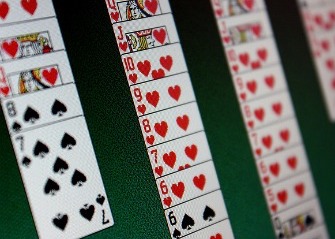
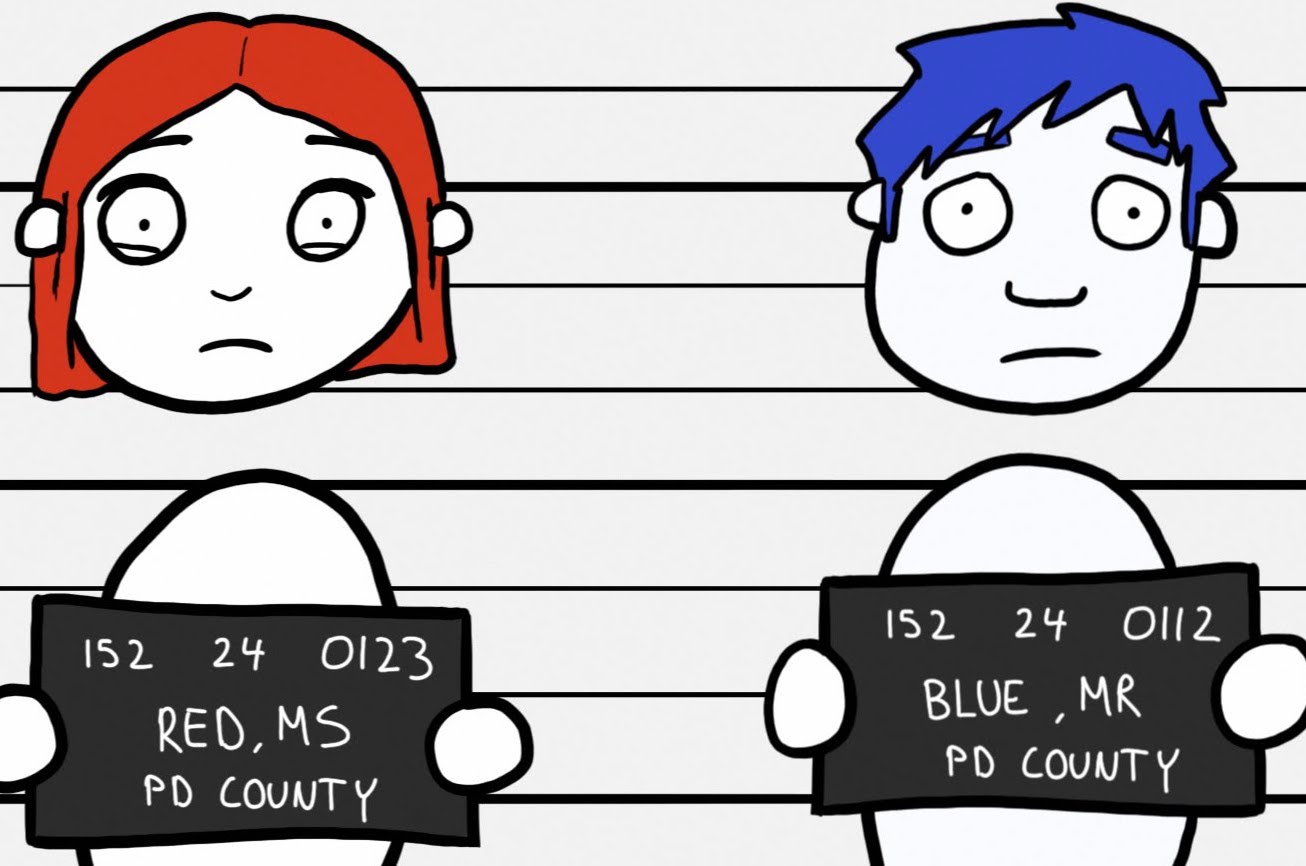

$P_i = \left(\mbox{up}, \mbox{down}, \dots\right)$. $P_i$ wins the $k$th round if $c_{k+1} > c_{k}$ and $P_{i,k} = \mbox{up}$.
$r_{cc}= 2,\, r_{nn} = 0,$ $r_{nc} = \left\{\begin{matrix}n\mapsto 1,\\ c\mapsto -1\end{matrix}\right.$
$\$ = 10000$, $p\in \{900, 1000, 1100\}$, $t = 7 \mbox{ days}$.